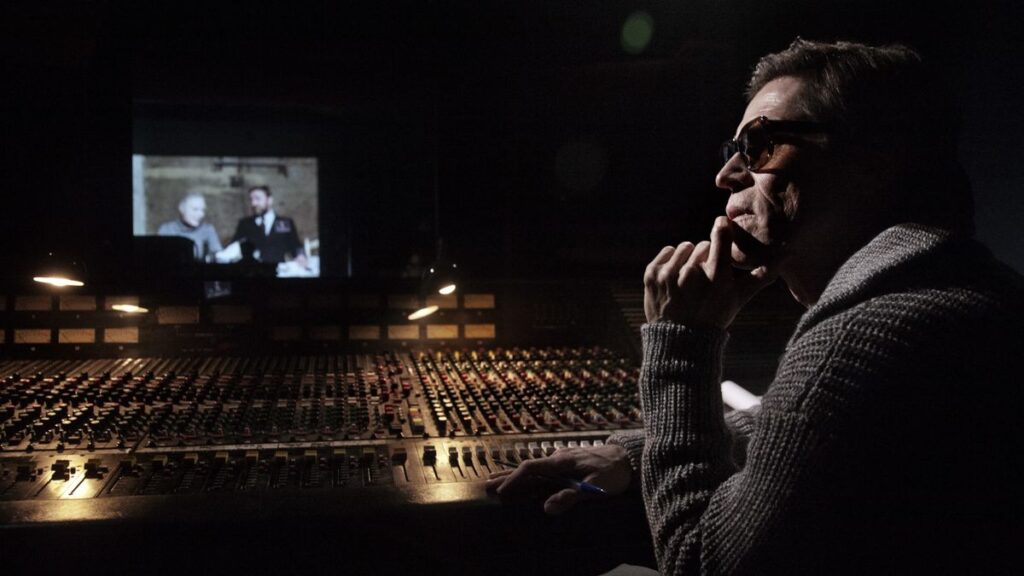Here are those times recreated
by the brutal force of sun-drenched images:
the light of live tragedy.
-from Pier Paolo Pasolini’s poem Tears

Abel Ferrara’s Pasolini (2014) could be about any filmmaker facing their mortality, it just so happens that the final days of Pier Paolo Pasolini’s life provides a narrative framework on which Ferrara can hang his film. The “life story” of Pasolini is secondary in the film; this is not a biopic in the traditional commercial sense. Ferrara’s Pasolini is about an approach to cinema which supposes that cinema is inner life; that images are imagination and vice versa.
As the camera pans over Willem Dafoe’s Pasolini and his voice cuts through the ambient soundtrack, images give way to overlays as we (the audience) enter the narrative within Pasolini’s mind. This inner plane is sculpted with slow crossfades, superimpositions, etc. Ferrara is wholly expressionistic in his strategies of montage, drawing upon video for an aesthetic that is as dreamy as it is urgent and post-modern. These segues into Pasolini’s imagination are New Rose Hotel (1998) in microcosm. Imagination is the purest expression of cinema, and here cinema is the purest expression of imagination.
Ferrara cuts to the bone of what Pier Paolo Pasolini’s films were about; sharing one imagination with another. For both Ferrara and Pasolini this is the great gift of filmmaking. Their cinema is the cinema of personal vision and invention, and their ambition is to invite audiences to imagine with them. This creates a syncopation between one artist who is living and one who is dead yet lives in the mind of the living. The title Pasolini isn’t a signifier regarding the subject of a story committed to film, it is the name of a kind of film; a species of creation and of being, a mode of cinema.
Beginning with Mulberry St. (2010) Ferrara’s films have entered a phase of heightened self-awareness where the primary focus is upon the author and his medium, the differences between “tales” and “parables”. Nicole Brenez has convincingly argued that reflexive tactics have always been at work in Ferrara’s films, but until the start of the last decade these impulses have been primarily couched within varying types of genre film. Maturity for Ferrara seems to be about placing one’s self in one’s own narrative or medium.
